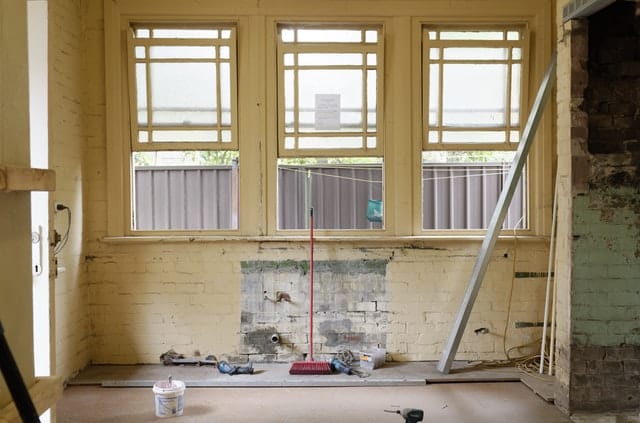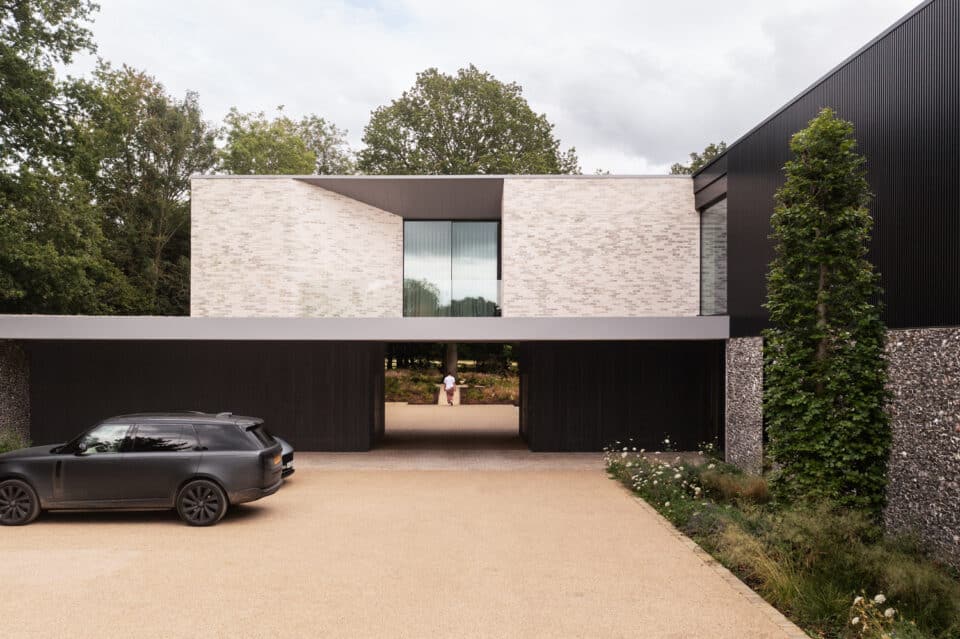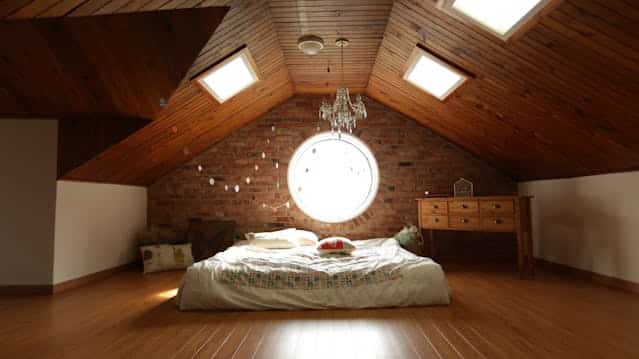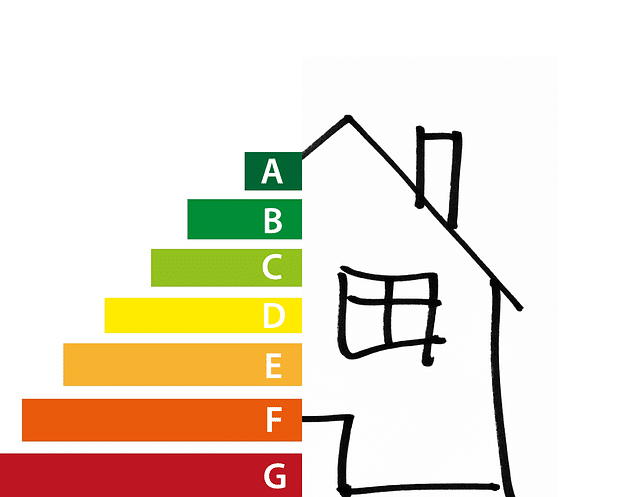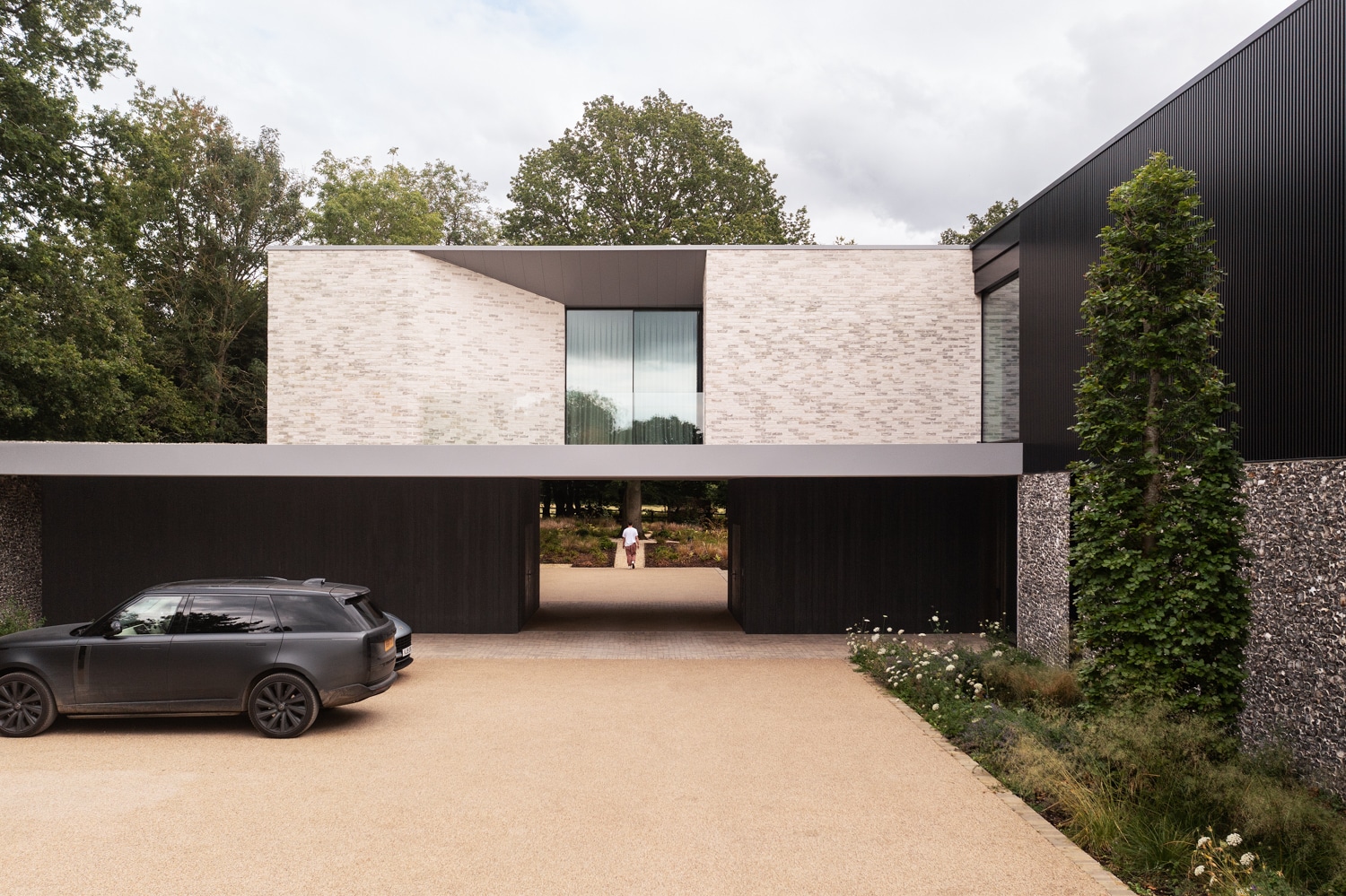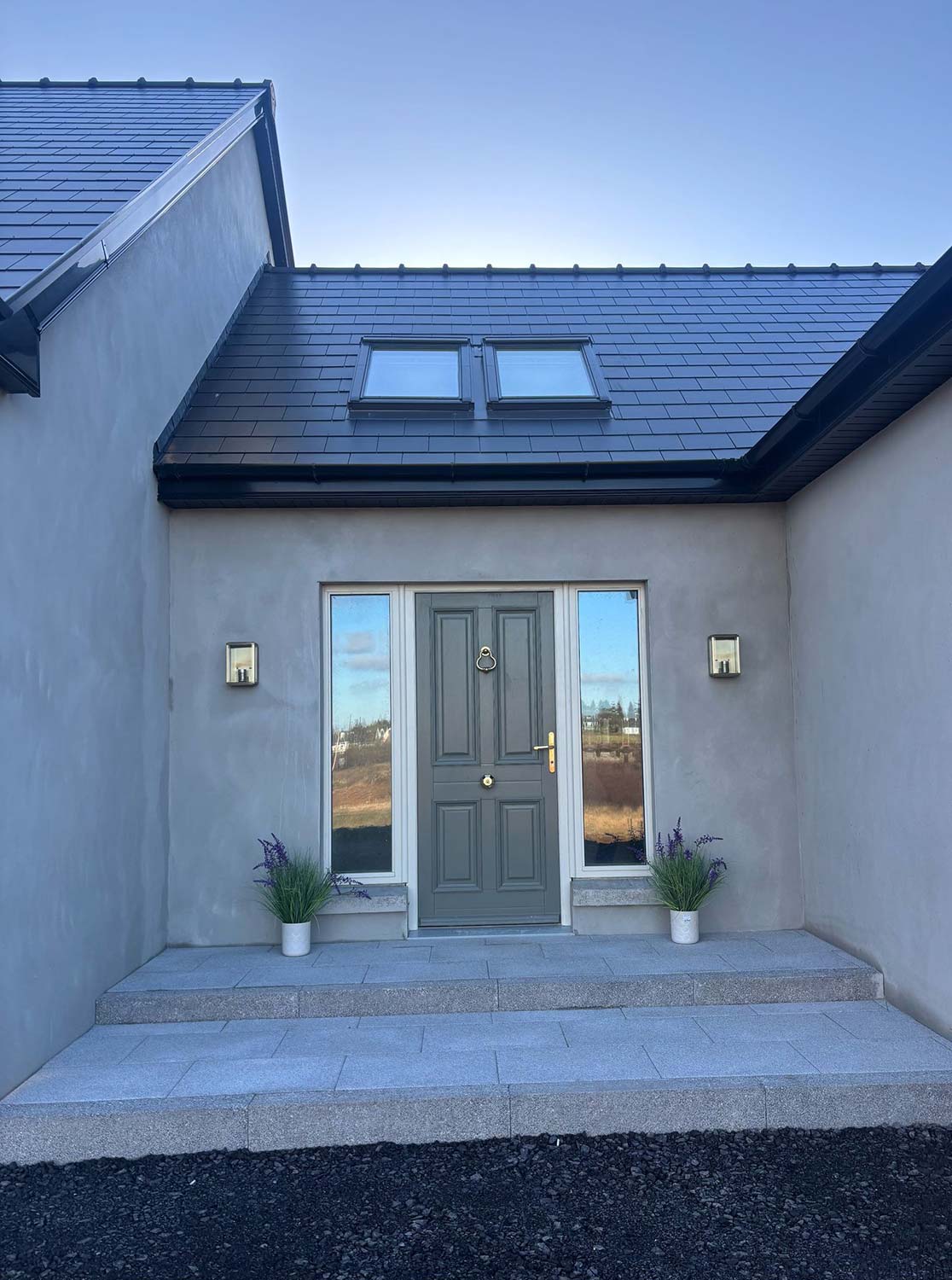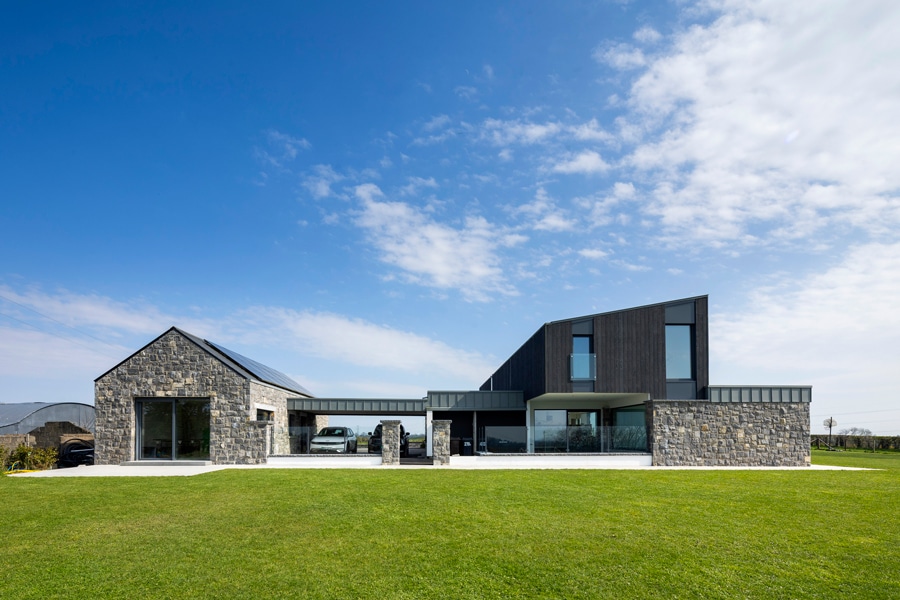That’s according to the submission made by the Tipperary Energy Agency’s Paul Kenny to the Oireachtas Committee on Communications, Climate Action and Environment yesterday (23 January 2018).
This results in a simple payback of 10 to 20 years at current fuel prices.
Health benefits
However a major benefit of investing in the upgrades is the impact these changes have on the homeowners’ health.
“Several of the homeowners have contacted us they have detailed that the deep retrofit is life changing in terms of eliminating their need for frequent trips to A&E and excessive courses of medical treatment. The homeowners will be featured on Eco-eye next week, and I would encourage the members and observers to tune in,” said Kenny.
Kenny argued that the 2050 climate and energy targets could only be achieved with the help of deep retrofitting buildings with renewable heat. A mixture of grants and low cost finance, as well as a robust carbon tax, could all contribute to a move to ‘deep retrofit’, he said.
A deep retrofit or aiming to bring a home to nearly zero energy buildings standards often requires the introduction of a dedicated ventilation system (e.g. demand control ventilation), upgrading the fossil fuel boiler to a renewable system (e.g. air source heat pump), adding insulation to the roof and walls, and oftentimes some form of window upgrade.
The Superhomes model, administered by the Tipperary Energy Agency, provides homeowners with a one-stop-shop solution whereby administrative and project management tasks are all taken care of by the not-for-profit energy agency. Contractors are chosen from a pre-approved list, a model recently endorsed by the EU.
Building Control update
The report is called Safe as Houses? and outlines measures to introduce a Building Control Authority and making latent defects insurance mandatory for all builders. The report is not binding and in effect is a recommendation to the Department.
However Selfbuild understands the Private Member’s Bill which could see the introduction of a building control authority rolled out in ROI is expected in the coming weeks.

